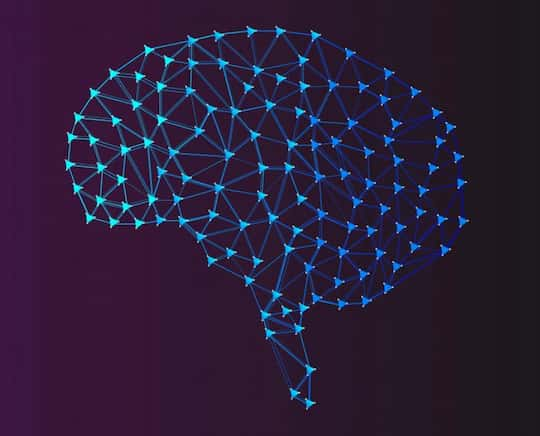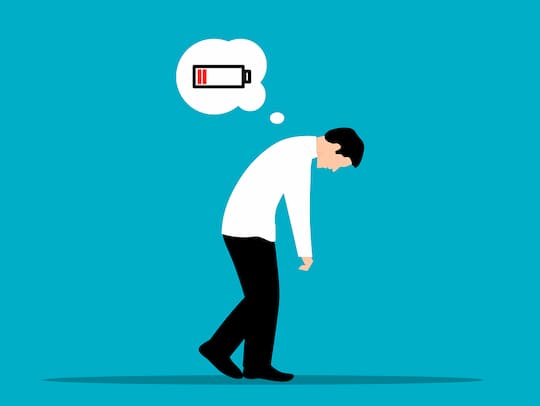Popular psychology studies include: 6 signs of a narcissist, hairy chests and intelligence and the effects of alcohol on the brain.
Below are some of the most popular studies published here on PsyBlog, in reverse order.
Click the links for more on each of the popular psychology studies:
11. Six signs you are dealing with a narcissist
Narcissists tend to have brittle self-esteem, they are highly susceptible to flattery, they like to make a big production out of everything, they are very envious, they lack empathy and they are volatile.
But if you will insist on electing them to high office….
More on this popular psychology study: six signs of a narcissist.
10. Reduce rumination to recover from depression
Rumination — thinking about the causes and consequences of depressing events — is common in depression.
However, simply realising that you don’t have to ruminate can be liberating, psychological research suggests.
When people learned to reduce how much they ruminated, 80% had recovered after six months (including 10 weeks of therapy).
9. Women’s lips are their most attractive facial feature
The lips are the most attractive facial feature on women, according to a survey.
In the first 10 seconds of meeting a women, on average, a man will spend around half that time looking at her lips.
If the woman is wearing lipstick then it attracts men’s attention even more.
Men fixated on pink lipstick for 6.7 seconds on average out of the first 10, and for 7.3 for red lipstick.
When women wore lipstick men only devoted 0.95 seconds, on average, to looking at her eyes and 0.85 seconds looking at her hair.
8. Saffron better than Prozac
Extract of saffron, the exotic spice, is a safer alternative to pharmaceutical antidepressants in mild to moderate depression, recent psychology studies find.
Saffron has fewer side effects and is just as effective in some cases.
The conclusions come from a review of six separate studies that included 230 clinically depressed patients.
Using saffron as an antidepressant was compared with both Prozac and Tofranil (generically known as fluoxetine and imipramine).
All the studies were high-quality randomised controlled trials — although they were small.
7. Too much sugar linked to Alzheimer’s
Excess sugar in the diet could play an important role in the development of Alzheimer’s disease, psychology research finds.
Too much glucose (sugar) in the diet damages a vital enzyme which helps fight the early stages of Alzheimer’s disease.
6. Higher intelligence linked to hairy chest (in men!)
A hairy chest signals higher intelligence in a man, psychological research finds.
Dr Aikarakudy Alias, a psychiatrist, has found that hairy chests are more frequent among men who are highly educated, such as doctors.
Dr Alias surveyed male trainee doctors in the US and found that 45% of them were ‘very hairy’.
This is in comparison to the 10% of men in the general population who are very hairy.
5. People with high IQs have better rhythm
People with high IQs find it easier to keep time, research on signs of intelligence finds.
This has nothing to do with being musical, just the simple ability to tap out a regular rhythm.
Good timing seems to be built in at a fundamental level to the brains of more intelligent people.
4. Cheating partners have fear of intimacy
According to various studies, somewhere between 40% and 76% of people cheat on their partners over the course of their relationship.
The type of people most likely to cheat are those with ‘avoidant attachment styles’.
In other words: these are people who find intimacy uncomfortable.
They are the kind of people who want to avoid being too attached to one person.
3. Vegetarianism linked to depression
Vegetarians are twice as likely to experience depression as those eating a regular balanced diet, a psychology study finds.
The longer people followed a vegetarian diet, the higher their depression scores, the researchers found.
It is possible that the link is down to poor nutrition.
Vegetarians typically have low levels of vitamin B12 in their diet.
Indeed, around 50% of vegans have a vitamin B12 deficiency, while 7% of vegetarians have the deficiency.
2. Moderate alcohol intake shrinks brain
Even moderate levels of alcohol consumption are linked to long-term brain damage and declines in mental skills, psychological research finds.
Moderate alcohol intake means around 14 to 21 UK units per week (in the US this is between 7 and 10 standard drinks, which are 12 oz of beer, 5 oz of wine etc.).
The study also found no support for the idea that low levels of alcohol intake are beneficial for the brain.
1. The one simple question that improves your relationship is…
“How will I feel in one year about this current conflict in my relationship?”
Asking a question with a future-orientation helps people feel more positive about their relationship, a study finds.
People feel more forgiving and interpret their relationship in a more positive light when they think about it from a future perspective.
.














































